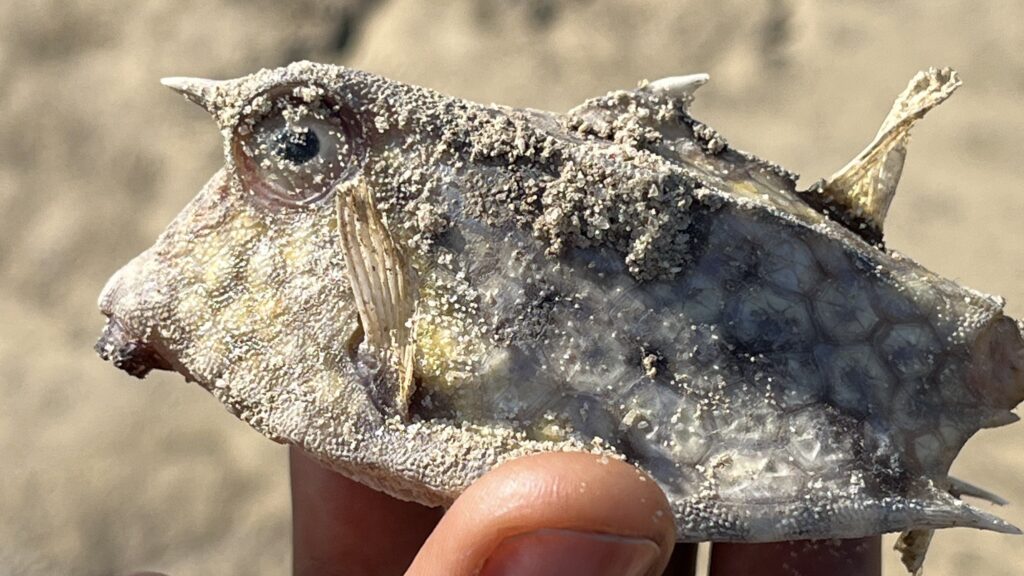Nestled along the shores of Dar es Salaam’s Kunduchi village lies Peaceland, a testament to the transformative power of community. Once a landfill, this area has been reimagined as a tranquil oasis, adorned with flowers and recycled materials. It is a space where visitors can relax, play board games, and learn about sustainable practices like beekeeping.
The initiative began in 2002 when a group of youth decided to clean the beach and bring life back to their community. With the support of the Aqua Farm Organization (AFO), they established 10 traditional hives to produce honey. These box-shaped hives, equipped with small partitions and tiny doorways, allow bees to build honeycombs in a controlled, sustainable manner.


Harvesting honey at Peaceland is both an art and a science. The process takes up to 120 days, and farmers carefully ensure they take only what is needed, leaving enough honey for the bees to feed on.
Smoke is used to gently encourage the bees to exit the hives during harvest, and farmers are cautious to avoid harming the bees.
Peaceland also produces beeswax, used for making candles and hair styling products. This sustainable initiative has inspired other villagers to adopt similar methods, fostering a culture of environmental conservation and innovation.
Beyond beekeeping, Kunduchi village thrives on traditional craftsmanship. Local artisans build fishing boats using wood sealed with coconut oil and natural lipids to prevent leaks. Fishing traps made of bamboo sticks, skillfully crafted and dried under the sun, are a testament to the ingenuity of the Kunduchi community.
Peaceland stands as a symbol of resilience and creativity, showing how a landfill can transform into a space of hope and innovation. Through their efforts, the Kunduchi community has not only revived their environment but also preserved their cultural heritage.
More stories of innovation and sustainability await you on Our Blog! Visit now.


Leave a Reply